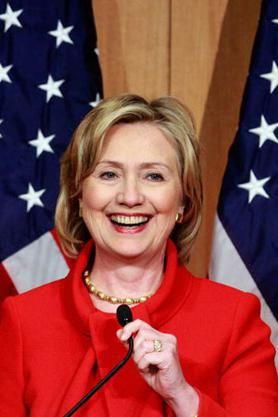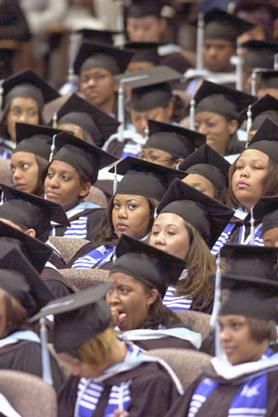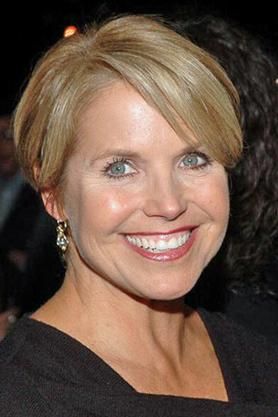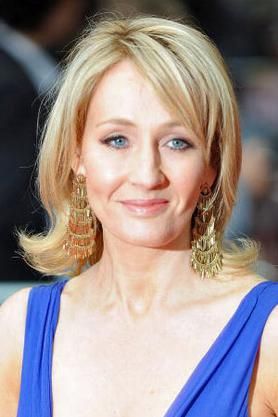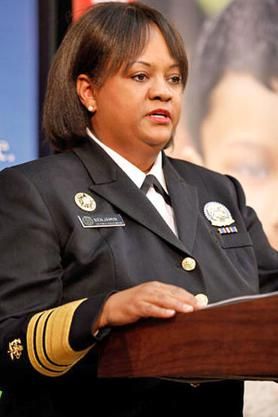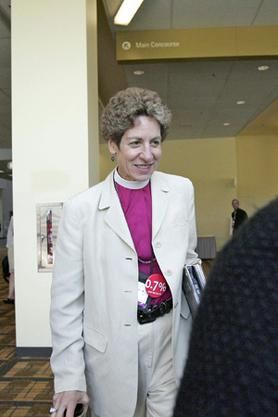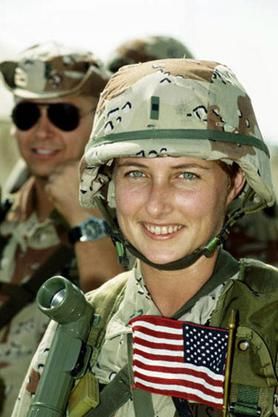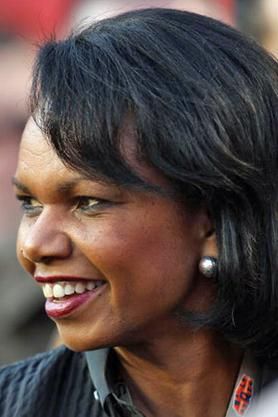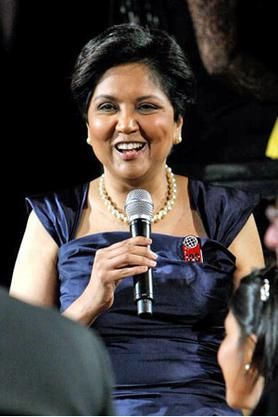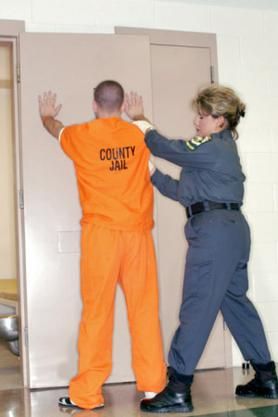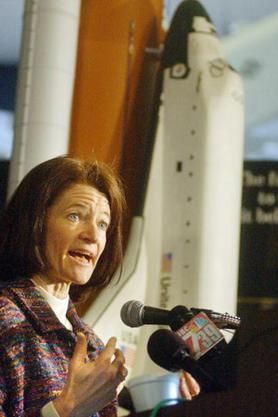Long before the women's liberation movement came to a head, capable women were doing the same work as men, but they weren't getting recognized for it and they certainly weren't getting properly compensated for it. Even today, women's pay is still about 77 percent of men's, which shows an increase of less than 15 percent in the last 40 years.
For years, our estrogen-filled compatriots were thought to be the lesser sex -- emotionally unstable, physically weak and generally just not very smart. Once the ladies started speaking up, however, it quickly emerged that a lack of intelligence wasn't the case. It was even discovered that emotional natures and comparatively weaker muscles helped the ladies form a complimentary skill set to their testosterone-laden, hunter-gatherer counterparts. Nonetheless, it has generally been an uphill battle for the working woman. Here are 10 careers that women have had to fight to enter.
Advertisement
NEXT: 10: Higher Education
